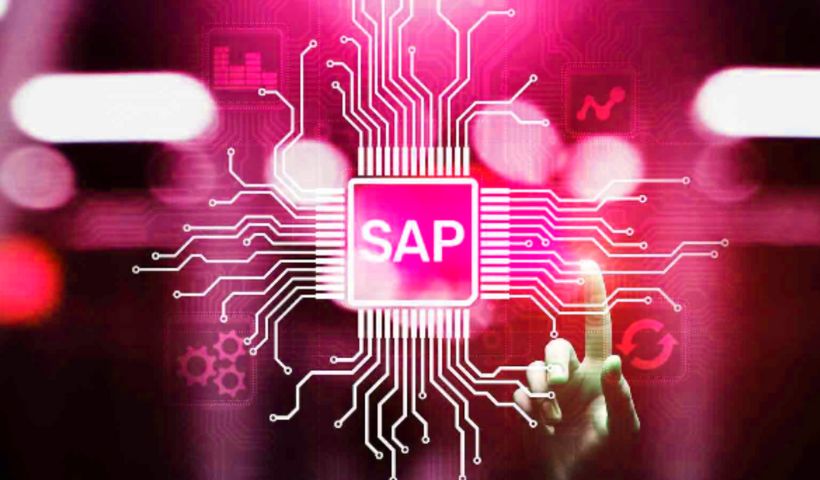SAP : To stay competitive, all information processing in a business must be managed efficiently . Although data management may be simpler for a small business, the operation is not as straightforward for the larger ones in the market . SAP software could be a solution for this. The Systems Applications and Products (SAP) is an IT tool which makes it possible to ensure the management of all data processing within a company.
What Is SAP?
SAP combines a set of ERP (Enterprise Resource Planning) and an IMS (Integrated Management Software ). This is a tool created by the SAP group, which uses various client/server configurations.
The application makes it possible to centralize information and therefore provides the link between the different branches within a specific company, ranging from production, logistics, supply, to accounting.
All players in each branch of activity are able to obtain real -time information on each process or each operation in progress. The SAP is made up of several modules that can be activated and deactivated according to the needs of your organization.
What Are The Different SAP Software Modules?
To simplify the tasks of all the actors within your company, the SAP has been broken down into several different modules that are as efficient as each other:
Material Management , for logistics in order to manage everything related to purchasing, restocking, contracts and others;
- Sales and Distribution , for the management of orders, deliveries and customer invoicing;
- Production planning , to manage the entire production chain using very precise and detailed plans;
- Quality Management, for all quality controls, closely linked to the previous module;
- Financial Costing, for accounting but remains associated with the two previous modules;
- Plant maintenance, for companies in industry;
- The System Project, to produce the provisional budgets;
- Treasury Investments Management, to manage payments and cash flows;
- Human Resources to manage human resources.
Benefits Of SAP For Your Business
SAP provides a number of benefits for a given business:
Standardization of all services within a company
Whatever the size of the company concerned, ERP management software makes it possible to centralize all the information in a single database. All the data necessary for the smooth running of each task are then visible to everyone.
Sharing with branches of activity other than yours is then automatic: Accounting, logistics, etc.
Improved task coordination
With a standardized database, the risks of data redundancy and inconsistencies are greatly reduced for each operation performed.
This standardization makes it possible to have departments more coordinated in their task, and thus considerably increase the productivity of the company from the global point of view.
A quality of treatment and an enormous saving of time
The absence of ERP can impact the processing time of information with the need to share it with other services to be able to process it.
For example, if the sales department publishes information, the accounting department will not be able to obtain this information in real time. They will have to collect this data before they can perform the necessary processing in turn.
With a good management tool in hand, it will be all the more simple to carry out a high quality treatment , thus saving phenomenal time.
Also Read : Internet of Things

